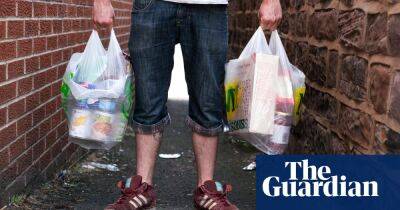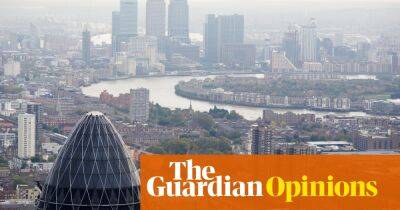UK unemployment is lowest since 1974 but workers face pay squeeze
There is at least one comparison with the 1970s that will please the government. Despite intense pressure on households from soaring inflation, unemployment in Britain fell in the three months to July to the lowest rate since July 1974.
At 3.6%, down from a rate of 3.8% in the three months to June, the proportion of people out of work hasn’t been lower for almost 50 years. With a long recession on the immediate horizon and rising living costs hitting households hard, this signal of strength in the jobs market will provide at least some comfort.
However, this is where the good news ends. Despite low unemployment and job vacancies close to a record high, British workers aren’t seeing this tightness in the jobs market translate into pay growth anywhere near the rate of inflation.
In real terms – adjusting for the cost of living – regular pay fell by 2.8%, the biggest annual fall on records dating back 20 years. Forget warnings of a wage-price spiral (when pay growth adds to inflationary pressure): for most people the pay squeeze will make the coming winter among the toughest in living memory.
In the cost of living crisis some workers are securing stronger pay rises than others, with public sector pay growth before inflation of 2%, compared with 6% in the private sector – the largest difference the Office for National Statistics has ever reported.
For the Bank of England, rate-setters will focus on wage growth before inflation. Across all sectors of the economy, regular pay rose by 5.2%, a significantly faster rate than pre-Covid. However, it would be misplaced to focus on this figure for long.
The big worry is that the jobs market could be coming close to a tipping point, as Britain stands on the brink of a lengthy recession.
Read more on theguardian.com


















